Recent data from the National Bureau of Statistics shows that Nigeria’s headline inflation rate slowed for the first time in 2025 following a Consumer Price Index (CPI) rebase. The February inflation rate was reported at 23.18%, down from the previous month’s 24.48%, attributed to lower petrol costs and a stable naira.
The decrease in diesel and petrol prices, aided by increased output from Dangote Refinery, contributed to the decline in inflation. Diesel prices fell by 33% to ₦1,000/liter, while petrol prices remained relatively stable at around ₦800+ per liter. Additionally, food inflation dropped to 23.51% in February from 24.08% in January.
Analysts anticipate that Nigeria’s inflation is at a turning point post the CPI rebase and foresee a potential acceleration in inflation rates as early as April. Some experts predict that the Central Bank of Nigeria (CBN) may struggle to meet its targets due to global economic conditions.
Basil Abia, co-founder of data and research firm Veriv Africa, shared his outlook for the year, projecting an average inflation rate of 31% for 2025. He attributes this to global economic factors, similar to how the pandemic impacted Nigeria’s economy in 2020.
In February, the Monetary Policy Committee (MPC) opted to maintain interest rates at 27.50% after evaluating various macroeconomic factors, including exchange rate stability, gradual fuel price adjustments, and the CPI index rebase.






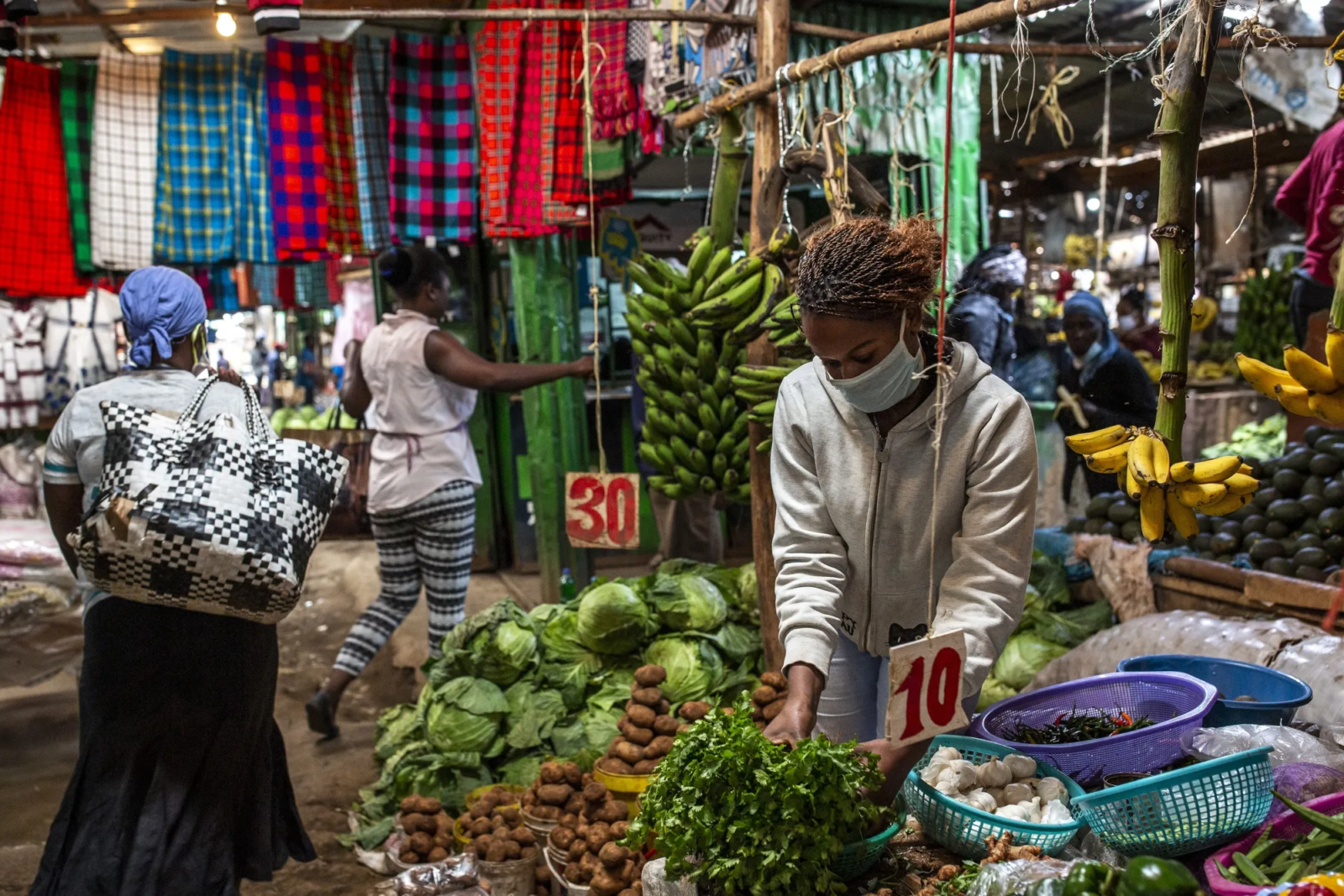

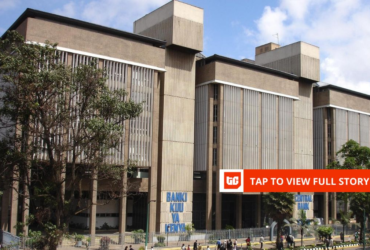
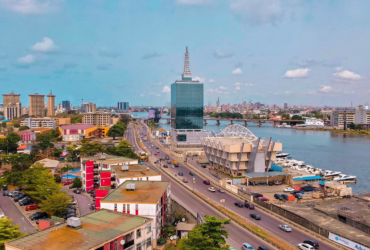
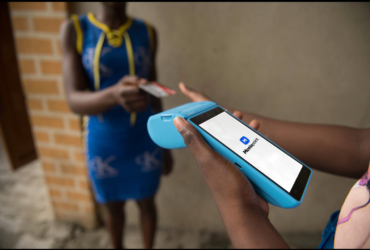
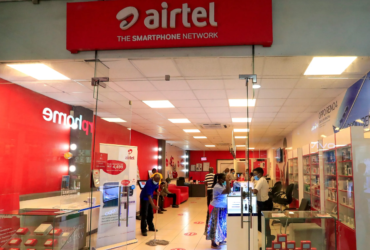
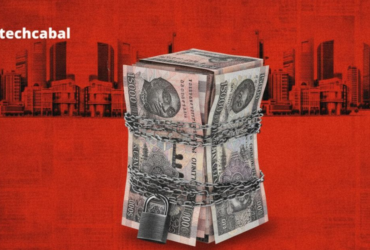

Leave a Reply